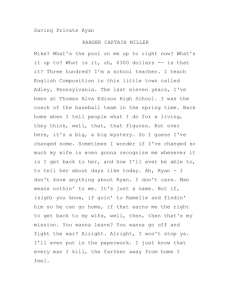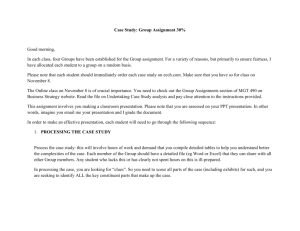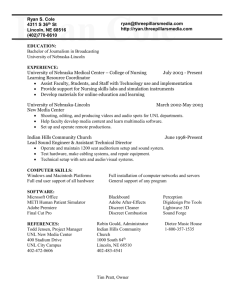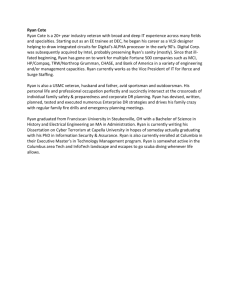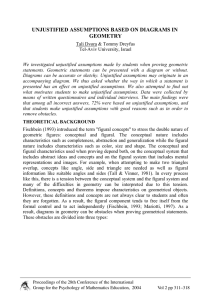talking points on ryan budget (00289680)
advertisement
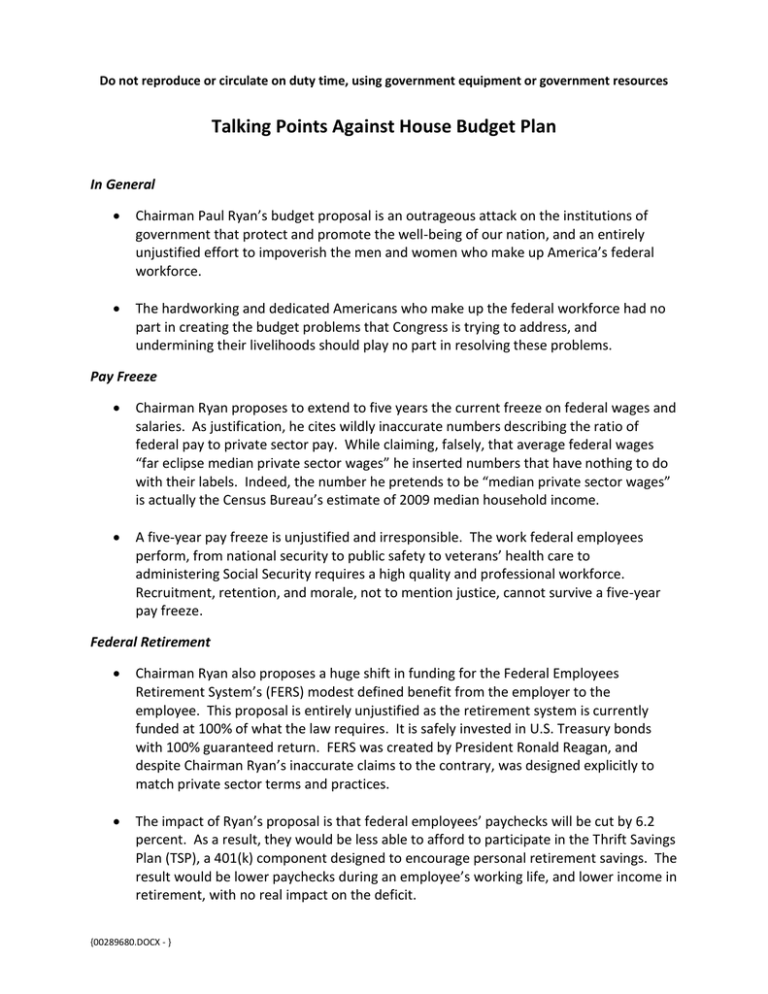
Do not reproduce or circulate on duty time, using government equipment or government resources
Talking Points Against House Budget Plan
In General
Chairman Paul Ryan’s budget proposal is an outrageous attack on the institutions of
government that protect and promote the well-being of our nation, and an entirely
unjustified effort to impoverish the men and women who make up America’s federal
workforce.
The hardworking and dedicated Americans who make up the federal workforce had no
part in creating the budget problems that Congress is trying to address, and
undermining their livelihoods should play no part in resolving these problems.
Pay Freeze
Chairman Ryan proposes to extend to five years the current freeze on federal wages and
salaries. As justification, he cites wildly inaccurate numbers describing the ratio of
federal pay to private sector pay. While claiming, falsely, that average federal wages
“far eclipse median private sector wages” he inserted numbers that have nothing to do
with their labels. Indeed, the number he pretends to be “median private sector wages”
is actually the Census Bureau’s estimate of 2009 median household income.
A five-year pay freeze is unjustified and irresponsible. The work federal employees
perform, from national security to public safety to veterans’ health care to
administering Social Security requires a high quality and professional workforce.
Recruitment, retention, and morale, not to mention justice, cannot survive a five-year
pay freeze.
Federal Retirement
Chairman Ryan also proposes a huge shift in funding for the Federal Employees
Retirement System’s (FERS) modest defined benefit from the employer to the
employee. This proposal is entirely unjustified as the retirement system is currently
funded at 100% of what the law requires. It is safely invested in U.S. Treasury bonds
with 100% guaranteed return. FERS was created by President Ronald Reagan, and
despite Chairman Ryan’s inaccurate claims to the contrary, was designed explicitly to
match private sector terms and practices.
The impact of Ryan’s proposal is that federal employees’ paychecks will be cut by 6.2
percent. As a result, they would be less able to afford to participate in the Thrift Savings
Plan (TSP), a 401(k) component designed to encourage personal retirement savings. The
result would be lower paychecks during an employee’s working life, and lower income in
retirement, with no real impact on the deficit.
{00289680.DOCX - }
Federal Agency Staffing
Chairman Ryan also proposes to replace just one out of three federal employees who
depart, resulting in a ten percent reduction in the size of the federal workforce. His
rationale is the preposterous claim that doing so will help private sector employment
growth which he claims has faltered because the federal government has added jobs
since President Obama took office. But how could the additional employees hired by
the Defense Department, the Department of Homeland Security, and the Department of
Veterans’ Affairs, which together account for three quarters of these new hires, have
hampered efforts to persuade private firms to create more American jobs?
Assuming Ryan does not intend to deprive our troops of civilian support, reduce efforts
to combat terrorism and protect our borders, or deny our wounded warriors care in
Veterans’ health care facilities; he must intend to privatize those jobs. And the grim
reality, learned at great cost to the Treasury, is that hiring private contractors to do the
government’s work costs, on average, 25% more per employee per year than hiring a
civil servant, according to Secretary of Defense Robert Gates.(The Washington Post,
“Top Secret America: National Security, Inc.” (July 20, 2010)
Rolling-Back Agency Funding to 2008 Levels
The House bill would roll back funding for federal agencies to 2008 levels. That means
some agencies could experience funding cuts approaching 30% to 40%. In practice this
will mean returning to the severe underfunding, understaffing and curtailed service
delivery that existed across federal agencies at the tail-end of the Bush presidency.
There will be fewer claims representatives at Social Security offices to serve a growing
retiree population. There will be fewer nurses, doctors and other staff to care for
America’s wounded warriors. The safety of correctional officers, inmates and
community residents will be jeopardized by cuts in our already understaffed federal
prisons. Americans will not receive the critical services that they count on every day.
Privatization of services is the almost certain consequence of slashing agency funding.
As pointed out above, increased contracting out isn’t a cure. It’s a curse. Contract
employees can cost 25% more per employee and there is limited if any public
accountability.
What Should Congress Consider As An Alternative?
It’s time for Congress to repeal the Bush tax cuts and require corporations and the
super-rich to pay their fair share. Federal employees were not the cause of the
massive budget deficit and unilateral sacrifices on our part can’t be the cure. And
there is no shared sacrifice when major corporations pay no taxes while the
essential services that Americans rely on daily are cleaved beyond the bone.
{00289680.DOCX - }
